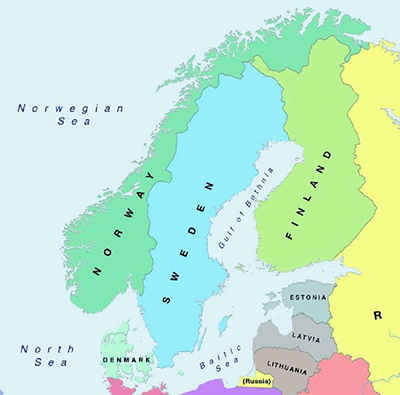Nordic researchers do not suffer from the law of Jante

How do Nordic academics assess their own performance in teaching and research when compared to their peers?
What does that assessment tell us about the changing culture of the academic profession in the Nordics and beyond?
At the Top of the Pyramid, Everyone is Above Average: Self-efficacy and perceived performance of academics in the Nordic countries
The topic of this publication has been how academics in the Nordic countries assess their own and others’ performances.
Based on our theoretical strand, following Bandura (1982, 2001) and key insights from social cognition theory, social categories and organisational practices, a number of hypotheses were developed and tested in relation to the results of an online survey of academics that was sent to all universities in Finland, Norway and Sweden.
The study relied on a survey (2014-2015) sent to academics at all universities in the Nordic countries, which included questions related to decision-making, performance management, incentives, funding, support services, autonomy and control and working atmosphere.
The overall response rates for senior academics were 24% in Finland, 17% in Sweden and 10% in Norway; the respective effective sample sizes were 757 in Finland, 700 in Sweden and 1300 in Norway (for details, see Pulkkinen et al., 2019).
Findings
Overall, Nordic academics were found to assess their own performance in teaching and research as being above average when compared to their peers. This finding is somewhat surprising in light of the cultural notion of the Law of Jante, (Kaminsky, 2007; Scott, 2016), according to which one should not believe one is better than others, and where the egalitarian view of society is still strong (Hofstede, 2001).
You can read the whole publication here

